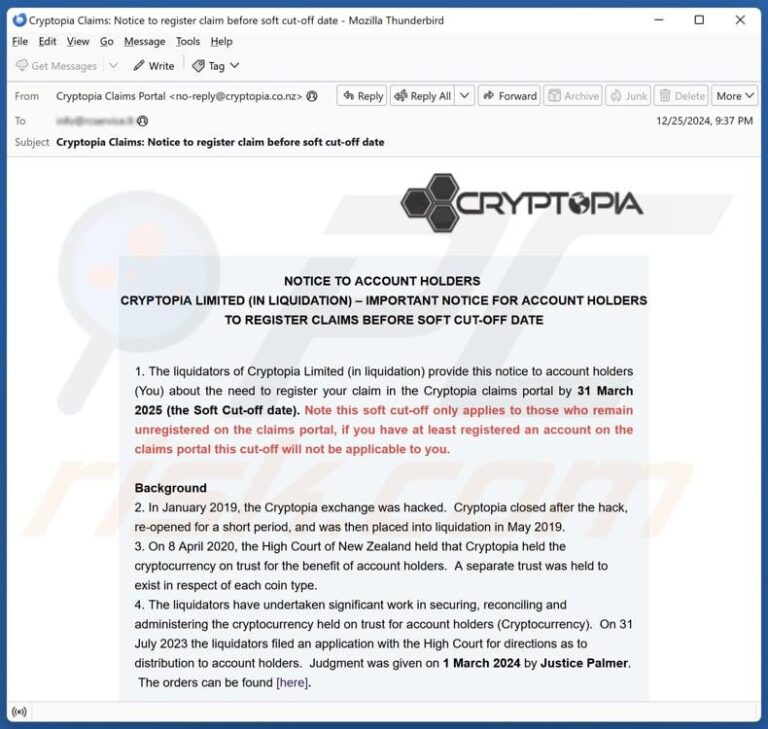Djibouti: A Crucial Maritime Hub Driving Global Commerce
Situated at the strategic crossroads of the Horn of Africa, Djibouti has emerged as a vital nexus for international trade. Its prime location along key shipping lanes connecting the Red Sea and Gulf of Aden has enabled it to develop an advanced port infrastructure that serves as a gateway not only to Africa but also to global markets. As world trade patterns continue evolving, Djibouti’s forward-thinking infrastructure projects and progressive policies are reshaping its economic landscape while influencing regional commerce flows. This article delves into how Djibouti’s port ecosystem is being harnessed to stimulate economic expansion, promote regional connectivity, and strengthen its position in the competitive logistics arena.
Djibouti’s Emergence as a Key African Trade Hub
Nestled where the Red Sea meets the Gulf of Aden, Djibouti occupies one of Africa’s most strategically important maritime junctions. The country has invested heavily in expanding its transport infrastructure—most notably through initiatives like the cutting-edge Djibouti International Free Trade Zone and the vital Djibouti-Addis Ababa Railway. These developments not only boost logistical efficiency but also simplify customs procedures, enabling smoother market access across East Africa and beyond. By providing direct access to major global shipping routes, Djibouti significantly cuts down transit durations and costs for both importers and exporters—a factor that is rapidly positioning it as a preferred gateway for intra-African commerce. Recent data shows container throughput at Djibouti’s ports increased by over 12% in 2023 alone, underscoring growing demand.
Beyond geography, Djibouti leverages strategic partnerships with global powers such as China and the United Arab Emirates (UAE), which have led to significant foreign direct investment inflows aimed at enhancing port capacity and regional stability. These collaborations reinforce its role not just as a transit point but also as an integrated commercial ecosystem. Moreover, investments in digital infrastructure are fostering e-commerce growth within local enterprises by facilitating seamless cross-border transactions. Consequently, Djibouti is evolving into more than just a maritime passage—it is becoming an all-encompassing platform supporting diverse sectors tied to global trade.
Modernizing Infrastructure to Optimize Port Performance
Given its pivotal location on international shipping corridors linking Asia, Europe, and Africa, enhancing port efficiency remains central to Djibouti’s development agenda. Recent upgrades focus on expanding capacity while integrating smart technologies designed for operational excellence:
- Dock Expansion: Lengthening quaysides enables accommodation of larger container vessels increasingly common in global fleets.
- Smart Automation: Deployment of automated container tracking systems reduces manual errors while accelerating cargo handling processes.
- Improved Connectivity: Upgrades to roadways and rail links ensure swift inland distribution channels connecting ports with hinterland markets.
The government actively collaborates with multinational logistics firms through public-private partnerships aimed at attracting further capital investment into free trade zones adjacent to port facilities—creating hubs optimized for manufacturing export goods or warehousing imports destined across East Africa.
| Main Focus Area | Tangible Benefit |
|---|---|
| Docker Capacity Enhancement | Catering efficiently to mega-ships carrying higher cargo volumes. |
| Cargo Turnaround Reduction | Smoother vessel processing minimizes berth waiting times. |
| Ecosystem Competitiveness Boosting | Positioning Djibouti centrally within East African supply chains. |
Overcoming Obstacles While Adopting Cutting-Edge Solutions in Maritime Operations
While poised for growth, Djibouti’s maritime sector contends with challenges including fluctuating freight volumes influenced by geopolitical shifts—as well as infrastructural bottlenecks requiring continuous modernization efforts. In response, authorities have partnered internationally on several fronts:
- Digi-Port Initiatives: Integrating Internet-of-Things (IoT) devices enables real-time shipment monitoring improving transparency throughout supply chains.
- Sustainable Practices: Embracing green technologies such as low-emission harbor equipment aligns operations with emerging environmental regulations worldwide.
- Pooled Expertise via Public-Private Partnerships (PPPs): Combining governmental oversight with private sector innovation accelerates project delivery timelines while optimizing resource allocation.
Innovations extend beyond technology; workforce development programs focusing on specialized training ensure local labor forces meet evolving industry standards—bolstering long-term resilience amid shifting market demands.
| Innovation Type  | Description  ​ ​ ​                                                                                                                                                          | < th style= "width:25%" >Projected Impact< / th >|
|---|---|---|
| Comprehensive workshops certifying workers according industry best practices. |
Creation of qualified personnel ready for modern maritime challenges. /tr > | |
| Blockchain Integration | Utilization blockchain platforms ensuring immutable records across shipment lifecycles. |
Greater transparency fostering trust among trading partners. tr > |







